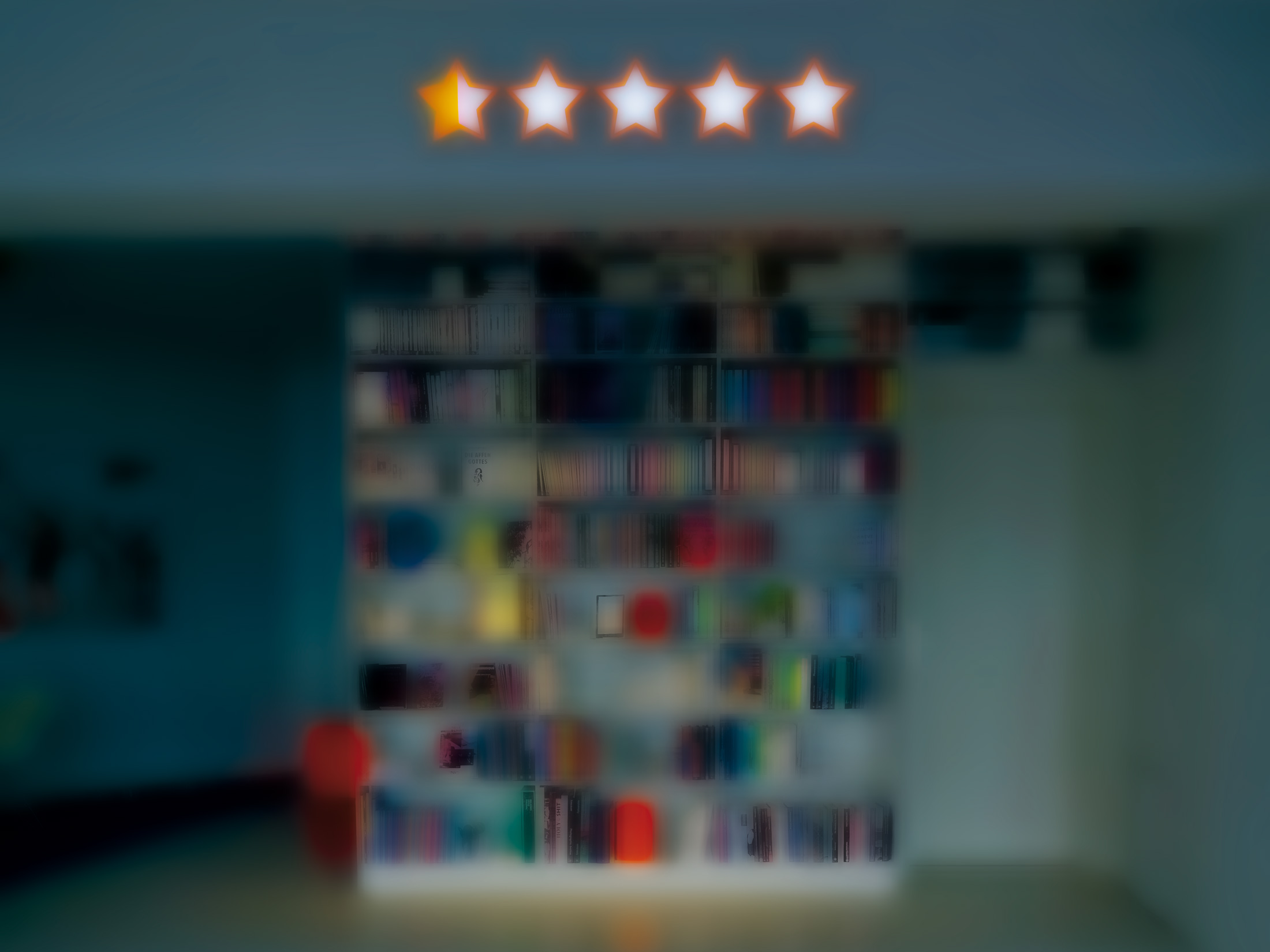Sprache
Typ
- Buch (6)
- Wissenschaftlicher Artikel (2)
- Interview (0)
- Video (0)
- Audio (0)
- Veranstaltung (0)
- Autoreninfo (0)
Zugang
Format
Kategorien
Zeitlich
Geographisch
Nutzerkonto
Artikel
Die Fallsammlung als Prototheorie in Zeitschriften der Spätaufklärung
Susanne Düwell, Nicolas Pethes
Noch nicht Wissen
Artikel
Fechners Psychographien im Licht von Mystik und Experimentalwissenschaft
Burkhardt Wolf
Die Allseele hinterm Diopterloch
-
DENKT KUNST? DENKT KUNST!
Denkt Kunst! Das bedeutet, sie zuallererst angemessen denken zu lernen – das heißt, in Begriffen und Argumenten zu fassen, was sich vorderhand nicht in Form von Begriffen, sondern in Wahrnehmungsgestalten, Figuren, Klängen, Rhythmen und Konstellationen artikuliert. Denkt Kunst? Denkt Kunst!
DIAPHANES Magazine No. 11
Chantal Akerman
Meine Mutter lacht
Stephen Barber
An immodest proposal
J.G. Ballard’s self-declared ‘Immodest Proposal’ for a global war-alliance to exact the destruction of America demonstrates the provocatory zeal of his last fiction plans, as well as their enduring prescience. As Ballard emphasises several times in the World Versus America notebooks, he is utterly serious in his concerns and visions.
Although the Ballard estate declined permission for any images of pages from the World Versus America archival notebooks to accompany this essay, any member of the general public interested to do so can readily visit the British Library and view the notebooks in their entirety in the freely-accessible manuscripts collection there.
ACCESS DE
Dieter Mersch
Digital Criticism
Andreas L. Hofbauer
Joch des Seins
Nicht durch Natur und ihre Fährnisse wurde Domestizierung erzwungen und der ökonomische Schrein ermöglicht. Tempel- und Totenkult, Opferung und Verteilung des Fleisches – noch für Homer sind alle Schlachttiere hieria, heiliges Vieh – und die Einhegung der Wildheit produzieren symbolischen und soziokulturellen Wandel, der für sesshafte, nahrungsproduzierende Gemeinschaften zu Vektor und Motor wird. Nicht Schafe, Ziegen oder Rinder domestizierte man im Anfang, sondern das zoon logon echon selbst war es, das sich vor und unter dem selbstgeschaffenen Kult-Joch verneigte. Warum, wissen wir nicht. Darüber hinaus ist entscheidend, dass, anders als bei den Pflanzen, sich nur sehr wenige Tierarten domestizieren (zur Ressource machen) lassen und man diesen Vorgang nicht mit Zähmung verwechseln sollte. Als Epiphänomen entwickelt sich ökonomischer Sinn. Er transformiert sich vom möglichen Menschenopfer, zum Tieropfer, zu Fleischteilung, in der Frühzeit der »griechischen« Antike dann zu den obeloi (Bratspieße, versehen mit unterschiedlichen Verdickungen, die als Token für den Fleischsold der...
ACCESS EN
Dieter Mersch
Digital Criticism
ACCESS DE
